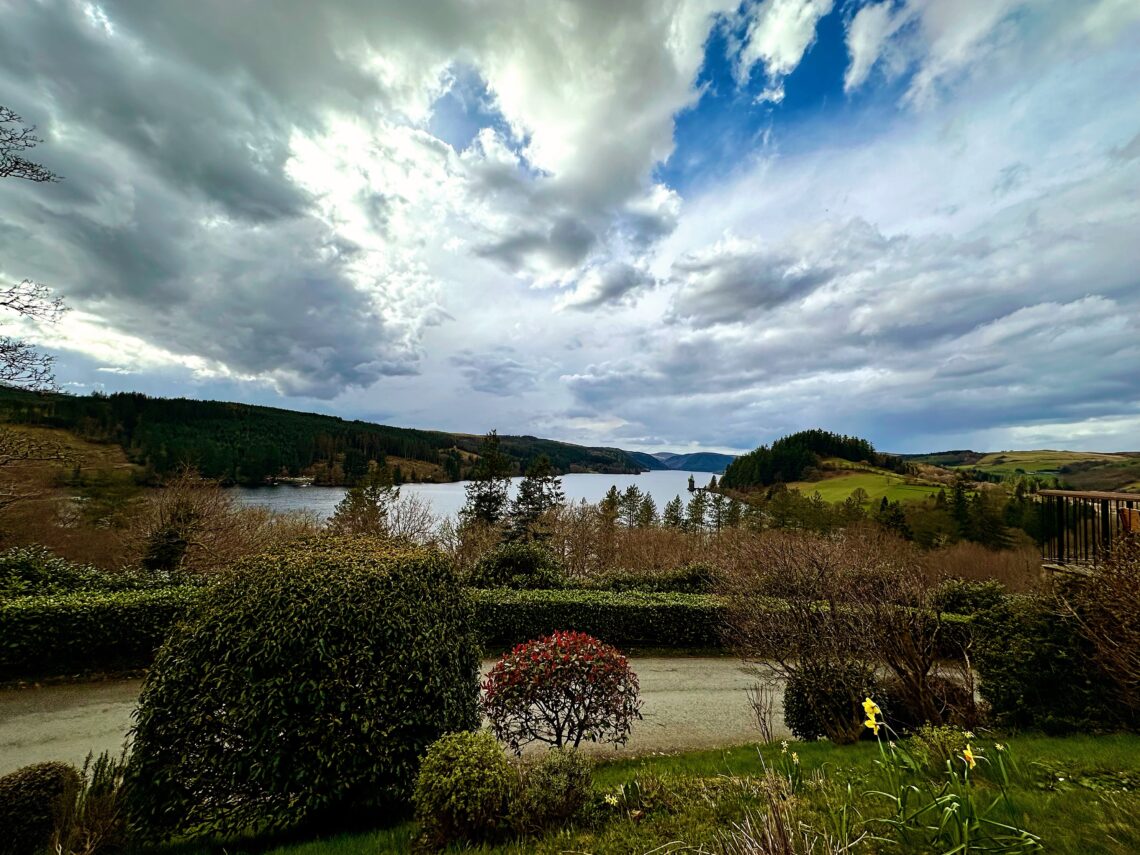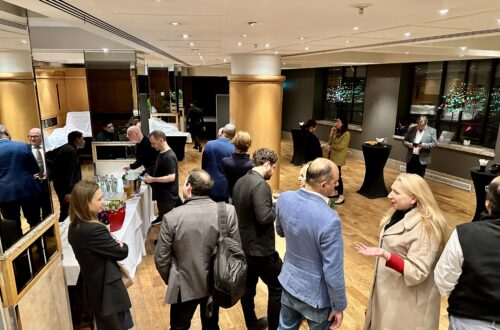
🐝 The Idiot’s Guide to Biodiversity Net Gain (BNG) 🌳
What it is, how it works, and why it matters.
🌍 What Is Biodiversity Net Gain (BNG), Really?
Imagine you’re building houses, offices, or a new road. To do that, you may need to clear trees, dig up grassland, or disturb places where animals live. Biodiversity Net Gain (BNG) is a new rule that makes sure you don’t just take from nature – you give back more.
In other words, if you damage or destroy nature during a development, you must leave the environment in a better state than it was before. You’re not just putting things back how they were — you’re making things better, by at least 10%.
So, if a field filled with wildflowers and insects gets turned into homes, BNG says:
🌸 “You have to create more nature — either on-site or somewhere else — to make up for it.”
📏 How Much “Gain” Are We Talking About?
The UK government has set a 10% minimum gain. That means when developers calculate the biodiversity “score” of a site before they build, they must make sure the final result is 10% better — and it has to last for at least 30 years.
You can achieve that in three ways:
- On-site – Improve nature directly at the development site (e.g. plant wildflower meadows, new hedgerows, ponds).
- Off-site – Pay someone else (like a landowner) to improve or restore biodiversity on their land.
- Buy biodiversity credits – As a last resort, developers can buy government-issued credits if they can’t do either of the first two. But these credits are very expensive, so it’s not the preferred route.
🔄 How Is BNG Different From Carbon Credits?
At first glance, BNG might sound a lot like carbon credits, but they actually focus on different environmental issues.
- Carbon Credits: Designed to reduce carbon dioxide (CO₂) in the atmosphere, which helps slow down climate change. Common examples include tree planting or renewable energy investments.
- Biodiversity Net Gain: Focuses on improving and protecting ecosystems — places where animals, plants, and insects live and interact. It’s about making sure we don’t lose more nature than we already have.
In short, carbon credits = cleaner air.
BNG = richer, healthier nature.
They’re both important. In fact, future environmental rules may require developers to combine both carbon reduction and biodiversity improvements.
🇬🇧 What’s Happening in the UK?
The UK has become a global pioneer in BNG. From 12 February 2024, most developments that require planning permission must prove they are delivering at least 10% more biodiversity compared to what was there before.
This is not just guidance – it’s a legal requirement under the Environment Act 2021.
Here’s how it works:
- Developers must hire ecologists to assess the site’s baseline biodiversity.
- A biodiversity gain plan must be created before any construction starts.
- If the plan is approved, developers can begin — but only if the gain will be delivered and maintained for at least 30 years.
There are only a few exceptions (like very small developments or some self-build projects), but otherwise, this applies nationwide.
🌐 Is BNG a Thing Around the World?
Yes — although the UK is ahead, other countries are moving in the same direction.
- Australia has various biodiversity offset schemes already in use.
- United States has state and federal environmental mitigation programs (e.g., for wetlands or endangered species).
- European Union is developing a “no net loss” policy that closely aligns with BNG.
- Canada, New Zealand, and parts of Asia are exploring similar models.
The UK’s version is unique in making BNG a legal requirement for most developments. Other countries are watching closely and may adopt similar laws in the coming years.
💡 Why Does BNG Matter?
BNG matters because the natural world is under serious threat. Wildlife populations are declining, habitats are disappearing, and urban sprawl continues to push nature out of our cities and towns.
BNG aims to:
- Reverse biodiversity loss
- Hold developers accountable
- Create new markets where landowners can sell “biodiversity units” to developers
It’s not just an environmental win — it’s also an opportunity. Landowners can restore or improve natural areas and sell the value of that improvement to others who need it. That’s where companies like Legacy Habitat Banks come in.
💰 What’s the Business Opportunity?
BNG is creating a new type of asset class — biodiversity units.
Developers who can’t achieve their 10% gain on-site need to buy units from someone who can deliver the gain off-site. These can be:
- Farmers
- Landowners
- Environmental companies
Prices vary, but government credits can cost £42,000 to over £600,000 per unit, making privately supplied units much more attractive — and profitable.
So, if you own land and can plant wildflowers, dig ponds, or restore habitats, you could tap into this brand-new revenue stream.
🔮 What’s the Future of BNG?
BNG is just getting started. Here’s what’s likely to happen in the next few years:
- Expansion to cover more types of developments and sectors
- Stricter regulations and higher gain targets (maybe 15–20% or more)
- Technology tools like drones, AI, and satellite data for real-time tracking of biodiversity
- New environmental markets where BNG units are traded like carbon credits
- Global adoption as countries commit to biodiversity targets under agreements like the UN’s 30×30 pledge
🧠 Quickfire Summary
- BNG = Give more back to nature than you take
- UK law requires 10% biodiversity gain for most planning applications
- Options: on-site improvements, off-site units, or expensive credits
- Different from carbon credits, but equally important
- Opens up new income streams for landowners and eco-businesses
- Gaining global attention — other countries may follow the UK’s lead
- Huge future growth potential in biodiversity finance and land management
🤔 Final Thoughts
BNG isn’t just a box-ticking exercise. It’s a fundamental shift in how we think about development and nature.
If you’re a developer, landowner, planner, investor, or just someone who cares about the future of the planet — this matters to you. It’s changing the rules of business, construction, and conservation. Forever.
#BiodiversityNetGain, #BNG, #NaturePositive, #EnvironmentalStewardship, #HabitatRestoration, #SustainableDevelopment, #GreenInfrastructure, #EcologicalPlanning, #NetPositiveImpact, #NatureRecovery, #SustainableInvestment, #GreenFinance, #ESGStrategy, #EnvironmentalCompliance, #PlanningPermission, #PropertyDevelopment, #BiodiversityCredits, #LandManagement, #EcoAssets, #RegenerativeBusiness, #ClimateAction, #NatureBasedSolutions, #CarbonAndBeyond, #EnvironmentalInnovation, #GreenEconomy, #GlobalSustainability, #NaturalCapital, #30x30Target, #ClimateAndNature, #UKEnvironmentLaw





